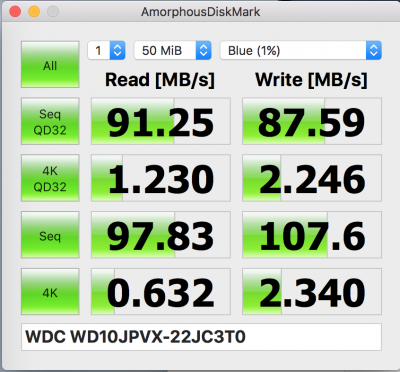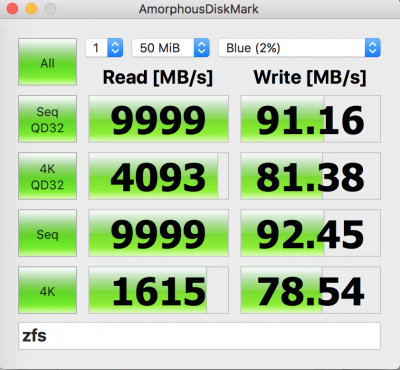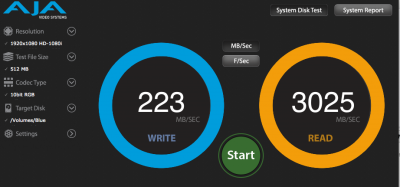- Joined
- Nov 10, 2011
- Messages
- 348
- Motherboard
- Gigabyte X79-UD5
- CPU
- i7-3930K
- Graphics
- GTX 960 and RX 580
- Mac
- Mobile Phone
Just saw this and wanted to share :
https://www.google.com/amp/www.tech...e/how-to-revert-back-to-apples-hfs-from-apfs/
https://www.google.com/amp/www.tech...e/how-to-revert-back-to-apples-hfs-from-apfs/




